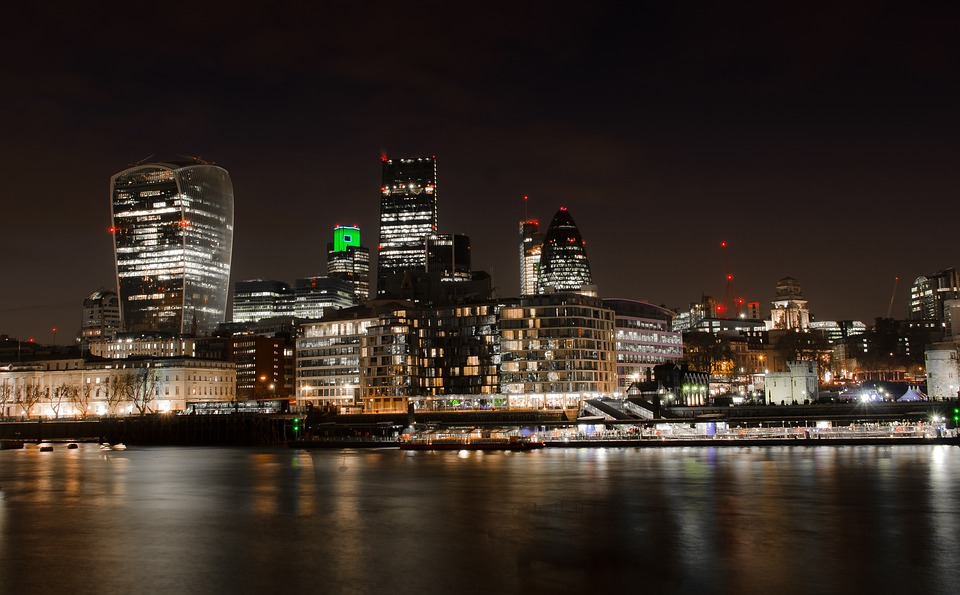Reports
Growth, Infrastructure Spending Dents Brewin Dolphin Profits, AuM Rises

A round of spending on new infrastructure and integrating acquisitions dented profit slightly in the period, although income and AuM rose.
UK-listed Brewin
Dolphin today reported that it had sustained an 8.6 per cent
year-on-year fall in statutory pre-tax profit, at £62.6 million
($80.3 million), for the year ended 30 September. Profit before
tax and adjusted items was £75.0 million, a fall of 3.2 per cent,
matching expectations.
A spending increase on infrastructure and related growth projects
pushed costs up and dented profits – although the firm hopes that
the investment will pay off in due course.
The firm said that costs rose by 5.3 per cent to £265.7 million
over the period due to spending on growth initiatives and
infrastructure projects.
Total income for the period, meanwhile, rose by 3.1 per cent to
£339.1 million, the firm said in a statement.
Total funds at Brewin Dolphin stood at £45.0 billion, rising by
5.1 per cent over the period. Within discretionary funds
management – a major part of its business – the figure was £40.1
billion, rising from £37.6 billion a year earlier, driven by
organic growth and improving investment performance, it said.
Brewin Dolphin logged net inflows to its discretionary funds
business of £1.4 billion, although down from the £2.3 billion
figure a year earlier: this means that the annualised growth rate
has decelerated to 3.7 per cent from 6.8 per cent.
“We continue to invest in our business to support future
long-term growth. We have completed and integrated a number of
strategic acquisitions and the replacement of our core custody
and settlement system is on track. These initiatives are laying
the foundations for long-term growth and will ensure that we are
well placed to capture future market opportunities,” David Nicol,
chief executive, said.
"I am very pleased with our financial performance, particularly
over the second half of the year. The group has continued to
deliver strong and resilient organic growth, against the
continued uncertain economic and political backdrop. This is
demonstrated by the strength of our discretionary funds flows,”
he added.